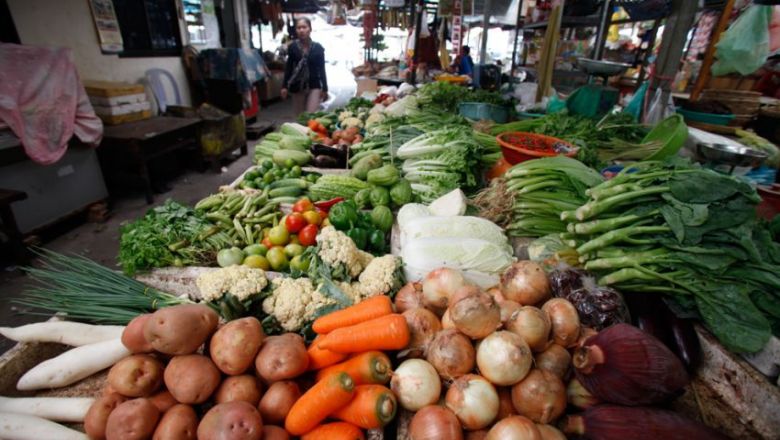
The US Agency for International Development (USAID) has announced that it will team up with two local private firms on a $2 million investment in cold chain infrastructure and storage capacity for agricultural products and logistics purposes in Cambodia, to drive economic competitiveness and inclusivity.
With a focus on improving market access for smallholder farmers and woman- and youth-owned businesses, the partnerships also aim to fill the gaps in the agricultural supply chain and tackle market system barriers that diminish import and export opportunities, USAID said in a statement.
Khmer Cold Chain Co Ltd (KCCC) and Amru Rice (Cambodia) Co Ltd will develop, test, and operationalise agricultural cold chain storage and logistics capabilities and services in the Kingdom, creating a secure, temperature-controlled supply chain.
USAID Cambodia mission director Nancy J Eslick said in the statement that the agency’s partnerships with the local firms “reduce their financial risk, so they can test and promote successful solutions and inspire investment in agriculture to increase regional and international trade integration”.
“Under the two-year partnership, KCCC, a Phnom Penh-based cold chain logistics and services company, will provide approximately $1 million of its own funding and leverage an additional $1 million in US government and private sector funding to operationalise its cold-storage facilities, allowing farmers to get better prices for their goods, sell internationally, and ensure consumers have access to high quality goods,” she said.
Amru Rice vice-president Kann Kunthy told The Post that the three parties would take an innovative approach to vegetable supply chain challenges that is designed to better equip Cambodian farmers to produce quality agricultural products for local and international markets.
This, he said, would increase farmers’ incomes, improve food security in Cambodia, and reduce the Kingdom’s dependence on vegetable imports.
“We’ve learned that Cambodia can supply just 50 per cent of its own vegetables in the dry season, and even less than that during the rainy season, given that our farmers mainly grow seasonal vegetables,” he said.
“Therefore we need to cluster them so that they can become both farmers and businesspeople.”
Kunthy said Amru Rice would provide about $600,000 from its own resources and leverage an additional $400,000 in US government funding to set up cold storage rooms close to its headquarters and near the sites of associated agricultural cooperatives, thereby building a cold storage and logistics network for smallholder farmers’ suppliers.
For original article, please read here
Author: Hom Phanet
Source: The Phnom Penh Post
Publication date: 23 February 2022